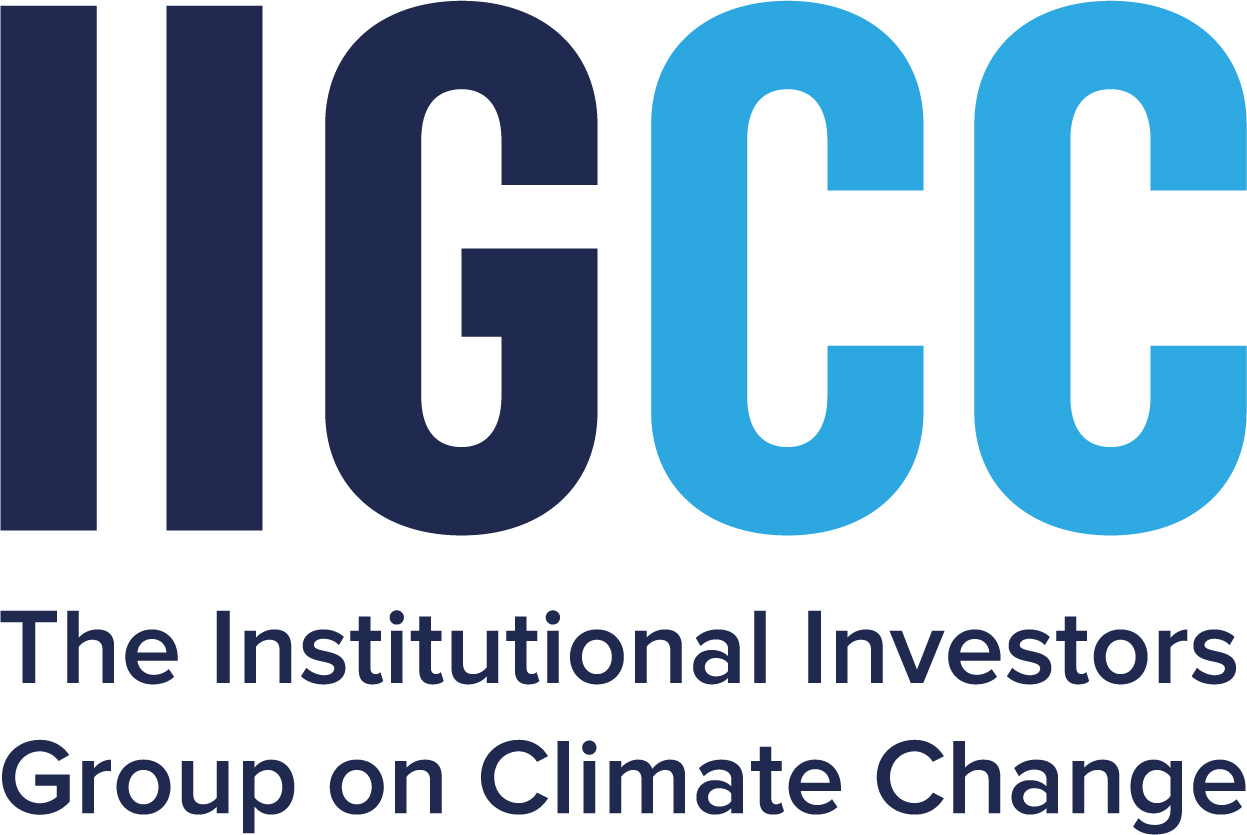See the full Pando Daily article from the day before the Presidential election here.
In the US, Hurricane Sandy’s destructive power was largely focused on the East Coast. But it has also had a significant effect at the national level, especially because the country is getting ready to vote for a President. In short, it has thrust climate change back onto the political agenda. That point was highlighted when Mayor Bloomberg gave Obama a surprise endorsement in the wake of the hurricane, citing climate change as his reason. That means we should now expect more scrutiny of clean energy, a subject close to the heart of the tech community, as a political issue. So, given the Republicans’ climate change skepticism and support for, and from, the fossil-fuel industry, does that mean people should be scared of a possible Romney Presidency?
Not necessarily.
One prominent Silicon Valley investor who has experience working under both Republican and Democratic administrations says clean energy proponents shouldn’t fear a Romney Presidency all that much. His past record as Governor of Massachusetts and the growing draw of green jobs mean it would be politically inexpedient for him to turn his back on clean energy.
Romney has criticized spending on clean energy projects, specifically in the presidential debates, when he suggested that government should stay out of investing in clean-tech companies such as clean-car startups Tesla and Fisker. According to his policy platform, he would end production tax credits for wind projects, and he’s against Obama’s fuel efficiency standards. Perhaps most memorably, in his speech to the Republican National Convention, he mocked Obama for wanting to slow the rise of sea levels. In the wake of Hurricane Sandy, the group ForecastTheFacts spliced those comments and the audience’s cheering with footage of the devastating effects of the hurricane into avideo ad that it posted to YouTube. The video so far has more than 600,000 views.
But Romney, according to Nancy Pfund of DBL Partners, is likely not as ambivalent about clean energy as his rhetoric would suggest. The fact that some of the most prominent Republican governors preside over states where green jobs are growing the fastest suggests that Romney wouldn’t neglect clean energy, says Pfund, who sits on the boards of a number of clean energy companies, such as Primus Power, SolarCity, Solaria, and Ecologic, and is an advisor to Tesla.
“I think that he just has to balance the fact that he has a lot of support from the traditional incumbents, from fossil, from coal, from nuclear, so he’s obviously going to wave those flags very, very high,” she says. “But I don’t think he’s going to turn his back on renewables. It’s just not politically smart.”
In the 1980s, Pfund was an appointee to the National Advisory Council for Environmental Policy and Technology under President George HW Bush, and in 1999 she was appointed to President Clinton’s Web-Based Education Commission. So she has a fair idea of how each party thinks about issues such as clean energy. She notes that on both sides of the aisle there is support for decreasing US dependence on offshore oil, and for lessening the country’s impact on the climate.
She also points to a recent DBL report that shows in eight out of 10 cases, green jobs are growing the fastest in Republican or swing states. Energy is key to job creation, and renewables represent a growing part of energy. “Increasingly you want see as much of a partisan lock on renewables, because they’re going to be everywhere,” she says. “No politician wants to trash an industry that’s employing a bunch of his or her constituents.”
At the same time, however, Romney wants to increase non-renewable fuel production in the US, Canada, and Mexico, in part to achieve North American energy independence by 2020. He’s also a big supporter of nuclear, which he calls a “win-win.” Given today’s partisan political climate, he is also likely to be held in check but the most immoderate elements of the Republican party, who range from the House members who put forward the “Stop the War on Coal” bill to climate change deniers such as Senator Jim Inhofe.
Pfund says the increasingly bitter partisanship has been a feature of politics since the time she was on the commission under the first President Bush. In those days, the moderate part of the Republican party was much stronger and much more vocal, she says, and there was more of a tradition of bi-partisan creation of laws. “There was more of a ‘Let’s get this done, let’s not trash each other’ ethic,” she says. “These days, you see much less working together and a lot more criticism of the other party.” But that, she says, goes beyond clean tech. “It’s just unfortunately what our two-party system has devolved into.”
Whoever wins the Presidency tomorrow, then, we can probably look forward to more fighting over America’s clean energy future, even as Hurricane Sandy still rings loud in our ears.











